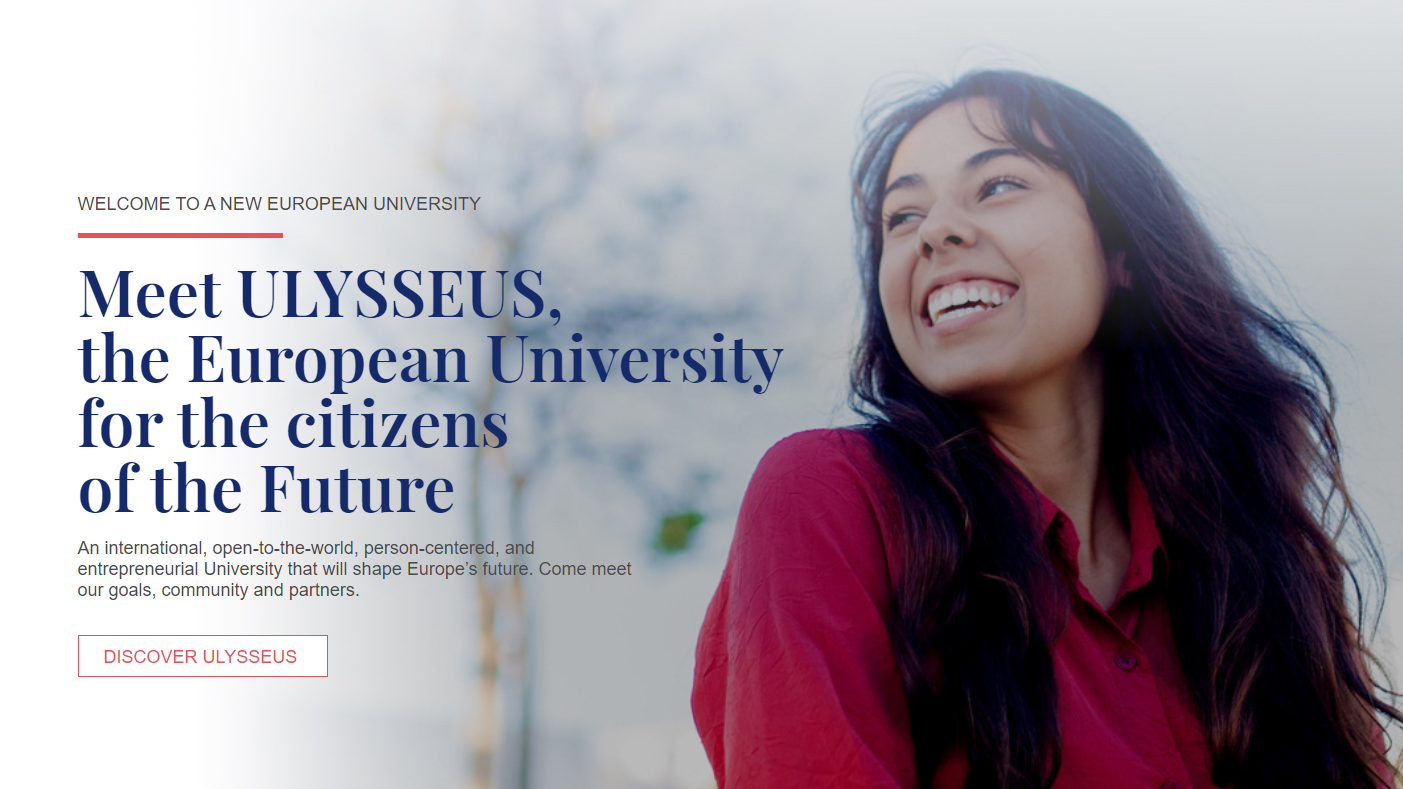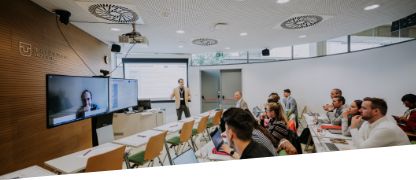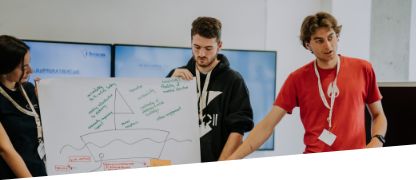Ulysseus carries out its launch with a meeting of the six rectors of the partner universities

The European University Ulysseus begins its work this Thursday, 17 December, with a kick-off meeting in which the six rectors of the partner universities participating in this alliance under the Erasmus Plus programme will take part: Miguel Ángel Castro, Rector of the University of Seville (project coordinator); Federico Delfino, Rector of the University of Genoa (Italy); Jeanick Brisswalter, President of the Université Côte d’Azur (France); Stanislav Kmeť, Rector of the Technical University of Košice (Slovakia); Andreas Altmann, Rector of MCI | The Entrepreneurial School® (Austria); and Teemu Kokko, President of the Haaga-Helia University of Applied Sciences (Finland).
The meeting, which will take place online given the current health recommendations, will serve as a starting point for planning a project covering more than 180,000 students, academics and staff, and which has received funding of five million euros from the European Commission. With this initiative, its promoters aim to generate a long-term alliance, with a unified structure and strategy for education and research, linked to the priorities of the cities and regions of the universities involved in the project.
After the meeting of the rectors, Ulysseus General Manager and Vice-Rector for Internationalisation of the University of Seville Carmen Vargas will outline the general objectives of the project with the presentation of the Ulysseus executive report, which will take place at 10:30 am and can be followed live on TvUS. The different staff responsible for the work plans will then set out their areas of work and draft action plans.
Diversity as a central force in Ulysseus
Diversity is Ulysseus‘ core force for creating a dynamic and versatile alliance with accuracy. In this sense, the six alliance partners aim to contribute to its competitiveness, to enhance its innovative character and to improve the employability of the citizens in their respective areas of influence, as well as to promote among its students and employees an active exercise of citizenship, social inclusion, cohesion and personal development. To this end, the project has the support of more than 95 partners, including local councils, regional governments, companies, think tanks and NGOs.
The activities of Ulysseus will be developed in a digital and regional campus that will include research centres, business incubators, living labs and open classrooms as well as a digital platform for the interaction of the whole community. To this end, it will have six innovation poles, located in each of the participating cities, focusing on the following challenges
- Ageing and well-being (UCA)
- Tourism, art and heritage (Unige)
- Artificial Intelligence (Haaga-Helia)
- Energy, transport, mobility and Smart Cities (US)
- Digitisation (TUKE)
- Food, biotechnology and the circular economy (MCI)
Ulysseus, the European university of the future
Ulysseus is a European university, one of the 41 transnational alliances promoted by the European Commission to become the universities of the future through the promotion of European identity and values as well as the revolution in the quality and competitiveness of higher education in Europe. To this end, the Commission has launched different models of cooperation between European universities with two calls under the Erasmus+ programme.
Following the presentation of the project in February this year and its subsequent approval in July, Ulysseus faces an ambitious 10-year journey with the same enthusiasm and determination as the hero of the Odyssey. During the first three years covered by EU funding, the initiative will focus its efforts on designing and co-creating joint structures, governance and management, as well as pilot programmes of activities. By 2030, Ulysseus should already be established as a European, internationally attractive, open, people-centred and entrepreneurial university of excellence. This alliance, conceived as an innovation ecosystem offering solutions to local and regional challenges from its six innovation poles, is the unique and distinctive feature of Ulysseus.






